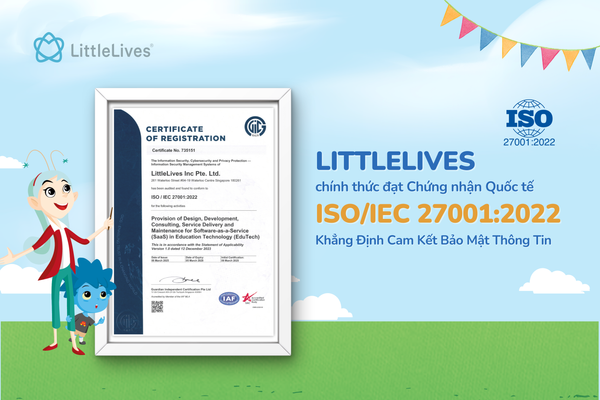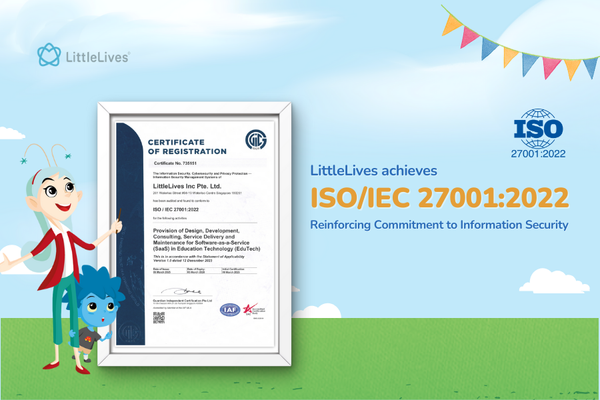Understanding STEAM: The Basics

By Jessie Kravette
Thinking about creating a STEAM filled classroom? It can be overwhelming when there’s already so much else to do in a day.
You can be a STEAM expert with just a little know how for turning everyday activities into STEAM-rich learning opportunities!
Let’s start with some definitions.
We used to think of science as men in white lab coats, and technology as designing computer systems. But now we have more flexible definitions that reflect today’s STEAM concepts.

What does STEAM look like in a classroom?
STEAM is all about encouraging children’s natural curiosity. Be an enthusiastic guide and let them follow their own lead!

Let’s test your understanding of STEAM concepts. Can you match the activity to the correct STEAM category? (tip: refer back to the definitions for help)

Answers
- Brushing teeth using toothbrush= technology
- Sorting buttons into jars = math
- Pouring water from one container into another = science, technology
- Exploring clay = art, engineering
- Stacking coins = engineering
- Creating shapes with sticks = math, technology
What is a teacher’s role in building STEAM skills?
The key to being an effective guide is asking good questions. Teachers need to model this skill for children, so they feel comfortable asking questions themselves. Asking “open-ended” questions, where you are not looking for a specific answer but are encouraging children to speak their minds, is a great way to do this!
Examples of open-ended questions include:
- What do you see?
- What did you try?
- What happened there?
- What do you notice about ____________ ?
- Does this remind you of ____________ ?
- What else would you like to try?
Try this out with your friends! Ask them what they notice about something you are both looking at or doing. There is no right or wrong answer; you are simply sharing ideas and observations.
Asking great questions encourages children’s natural curiosity.
This practice leads children to new ways of observing and thinking. It is the building block for all STEAM learning. Asking great questions encourages children’s natural curiosity. It leads them to develop strong problem solving and thinking skills early, and it sets the stage for lifetime learning.
...

If you're a content producer in the education industry, and you like our content, please reach out to us at storytellers@littlelives.com. We're looking for content partners and we're excited to get more eyes on educational articles!





